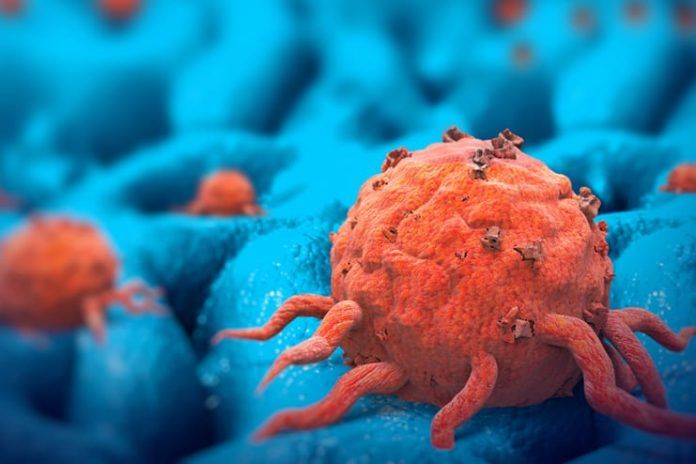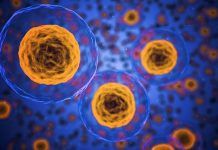Affiliate Disclaimer
Some links in this article are affiliate links. We may earn a small commission if you make a purchase through these links, at no extra cost to you. We only recommend products we find useful to our readersCancer is becoming a predominant reason behind deaths across the world and our lifestyle is to blame, for the most part. While new studies and breakthroughs are being performed every single day, there needs to be more studies conducted to find a potential treatment that works. A new study has shed some light on the mechanisms opted for by the pancreatic cancer cells in the body.
A new study conducted by the researchers from the NYU Langone Health / NYU School of Medicine have found that the pancreatic cancer cells avoid starvation in the dense tumor by pulling in nutrients from the surroundings. The study also focuses on highlighting the process involved.
As per the researchers conducting the study, they found around the changes in the gene RAS that causes all the problems. They found that this gene which is responsible for promoting the further abnormal growth of the tumor in the pancreatic patients is what further accelerates through and provides with the substantial building blocks that are required for the further spreading of the condition.
The process is done with macropinocytosis wherein the same engulfs the nutrients like the fats and proteins which are then broken down into the simpler forms of the amino acids and the metabolites that further promote building of the new proteins along with the cell membrane and the DNA strands.
The authors of the study stated saying that the lack of these prevents the cancer cells from proliferating further which isn’t the case that happens in this.
Craig Ramirez, PhD, a postdoctoral fellow in the Department of Biochemistry and Molecular Pharmacology at NYU School of Medicine, who is also the first study author stated saying that they have already found a way involved with the nutrient supply to the tumor cells that could be responsible for the denial to the RAS mutant cells for the survival mechanism involved.
The research team observed during their research that the RAS mutations in the gene was further responsible for promoting and activating the protein SLC4A7 that relays on the activation to the bicarbonate-dependent soluble adenylate cyclase that in turn triggers the enzyme protein kinase A. This directly impacted the positioning of the location of the protein named as v-ATPase.
The v-ATPase was found to be shifted from the depths of the cells where it normally stays to the areas surrounding the outer membranes. Doing so helped the enzyme deliver the cholesterol compound that was needed by the RAC1 that helped attach to the cell membranes then.
The further buildup of the v-ATPase around the outer membrane along with the RAC1 causes temporary bulging of the membranes and henceforth contributes to the formation of vesicles which are the nutrient engulfing pockets that keep the cancerous tumor nourished through the process.
During the study, the researchers also wanted to see if the usage of the SLC4 family inhibitor S0859 on the RAS cells could inflict any possible positive outcome. They found that there was a significant reduction in the v-ATPase localization process to the outer membranes, thus reducing the risks of further metastasis of the cancerous cells in the pancreas. It also caused the temporary reduction in the process of micropinocytosis.
The researchers also analysed the human pancreatic ductal adenocarcinoma (PDAC) tissue and found that the presence of the SLC4A7 gene was around four times more in the cancerous cell than what you will normally find in healthy cell.
The study also highlighted that inhibiting the gene function of the SLC4A7 was successful enough in reducing the tumor growth and even caused shrinkage of the size of the tumor in the mice. Following two weeks of the process, the researchers found that the one with SLC4A7 gene silencer showed 62% reduced growth in the size of the tumor in comparison to 31% without it.
Dafna Bar-Sagi, PhD, senior vice president, vice dean for science, and chief scientific officer at NYU Langone Health, who is also the senior author of the study stated saying that they are currently looking for drug candidates that could potentially inhibit the action of the SLC4A7 gene or even prevent the transport of the V-ATPase protein to the outer membrane of the cell.
These are the two main issues that promote the further growth of the tumors and finding ways to stop the growth of this can potentially help in preventing the pancreatic cancer cells from further spreading.

















